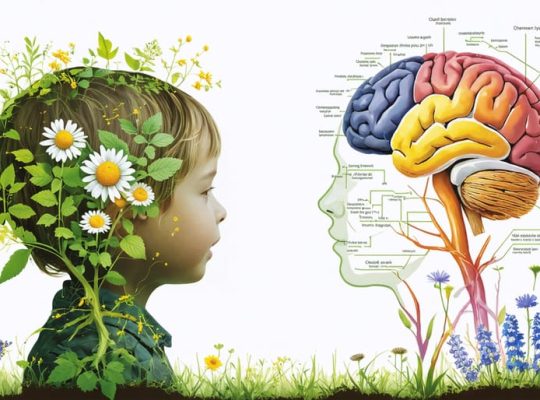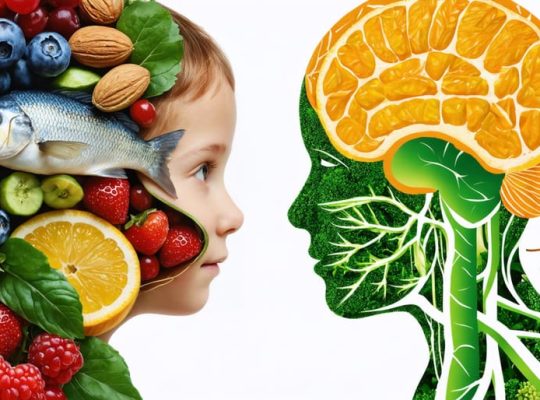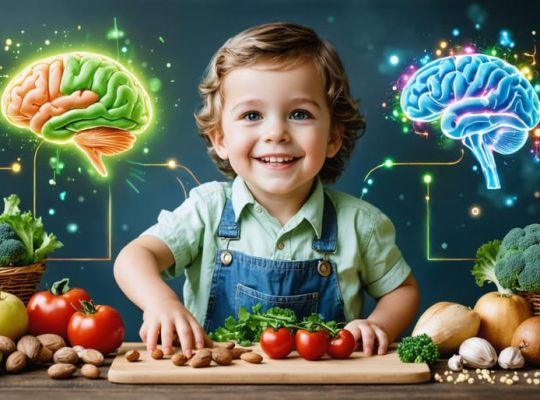Natural Mental Health Support for Children: What Parents Need to Know About Herbal Remedies
Herbal remedies have supported mental wellness for thousands of years, offering natural approaches to mood, anxiety, and cognitive function. As parents and healthcare providers increasingly explore complementary treatment options, understanding the science behind herbal psychopharmacology becomes essential for making informed decisions about mental health care.
Modern research is uncovering how plant compounds interact with brain chemistry, validating many traditional uses while highlighting important safety considerations. Herbs like chamomile, passionflower, and lemon balm demonstrate measurable effects on neurotransmitter systems…




